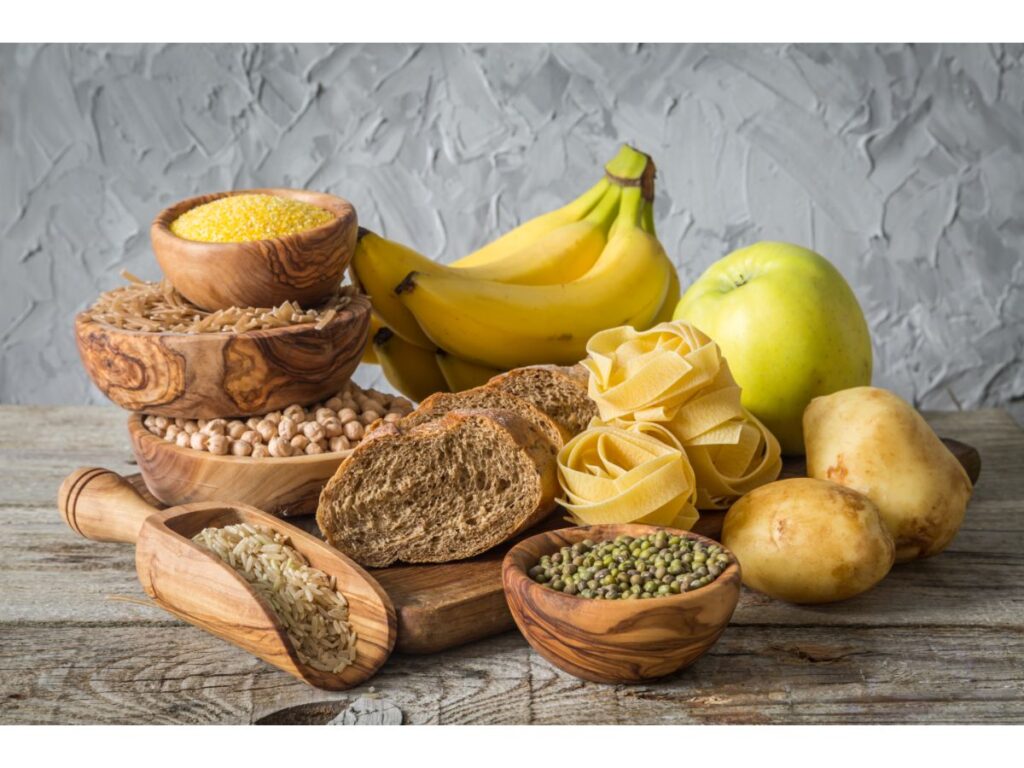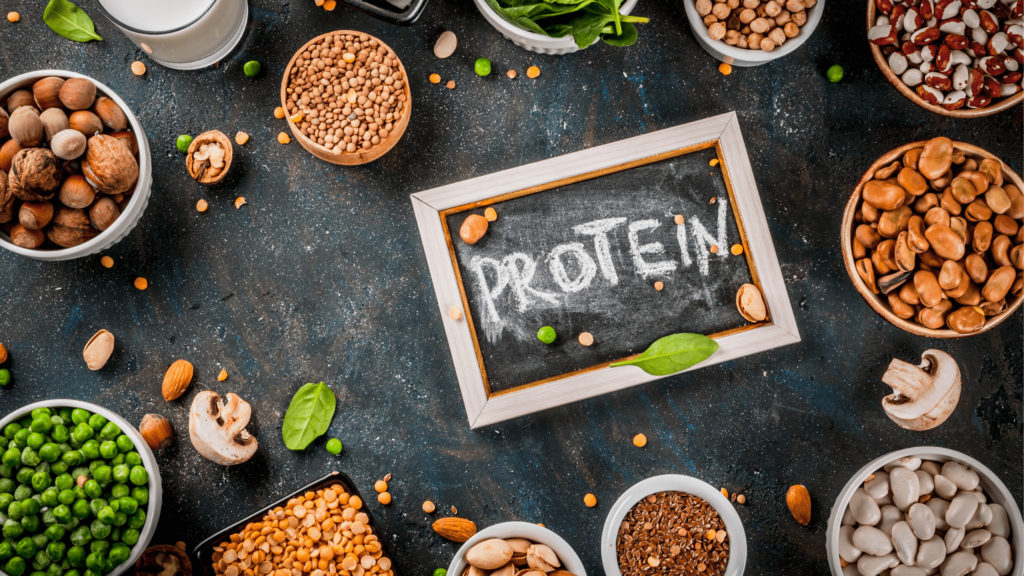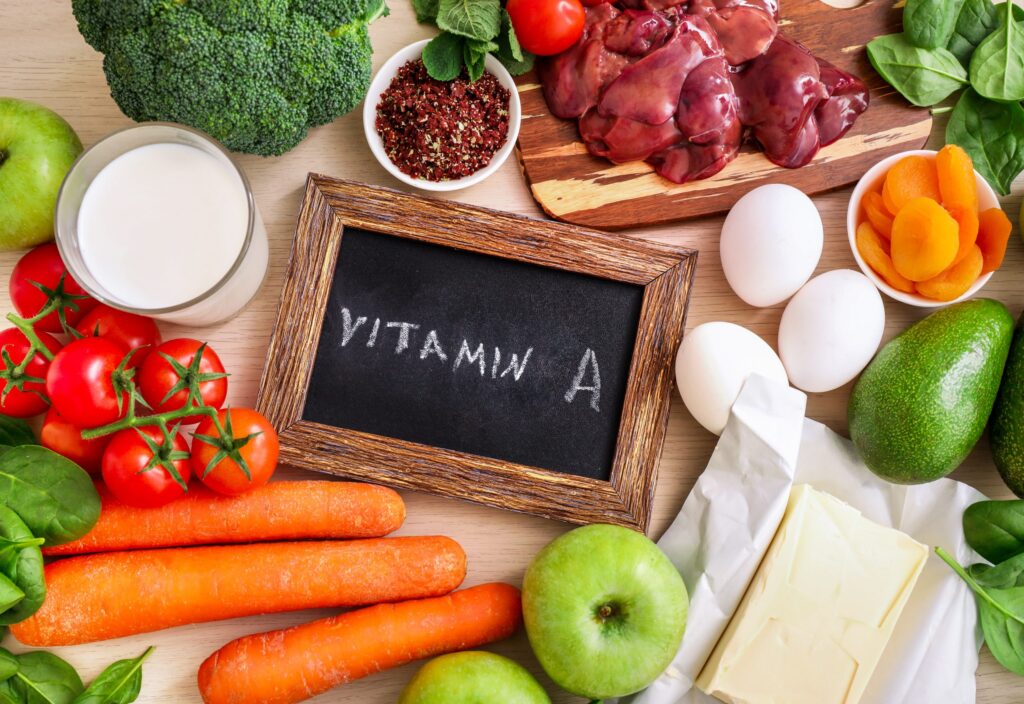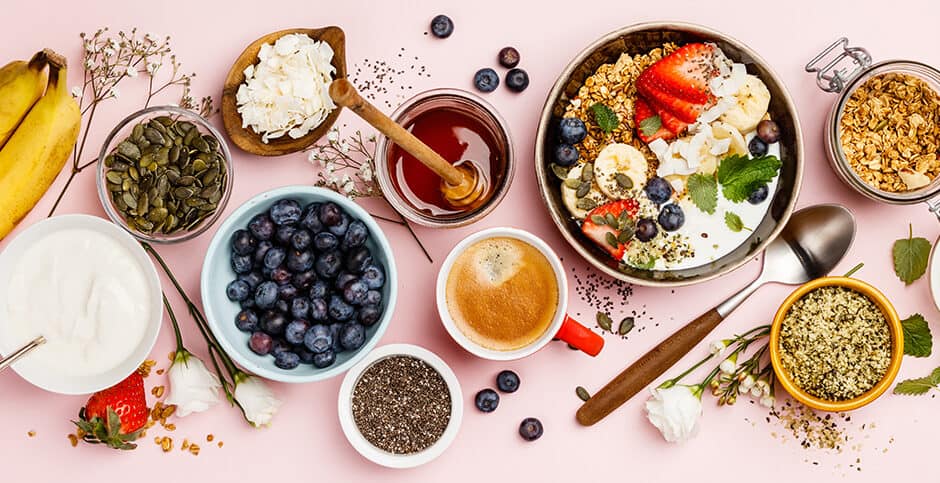Swimmers require a diet that is rich in essential nutrients to support their intense training and recovery needs. A well-rounded diet for a swimmer includes a balanced mix of carbohydrates, proteins, healthy fats, vitamins, and minerals, along with proper hydration. This article explores the crucial components of a swimmer’s diet and offers practical advice on how to optimize nutritional intake for peak performance in the pool.
Key Takeaways
- Carbohydrates are the primary source of energy for swimmers, making up about half of their diet.
- Protein is crucial for muscle repair and growth, with sources like lean meats, fish, eggs, and dairy being highly recommended.
- Hydration is essential, and swimmers should focus on drinking water regularly, especially around training sessions.
- A balanced diet for swimmers also includes healthy fats, fruits, vegetables, and whole grains to support overall health.
- Consulting with an Accredited Sports Dietitian can help tailor nutritional plans to individual needs, ensuring optimal performance.
Carb Loading: The Swimmer’s Best Friend
Why Carbs?
Carbohydrates are the primary source of fuel for swimmers, making up about half of your diet. They provide the energy needed to swim those laps and reach the finish line. Incorporate complex carbohydrates like whole grains, brown rice, and sweet potatoes into your meals and snacks to ensure sustained energy levels throughout your training.

Carbohydrates
Best Sources of Carbohydrates
Some good sources of carbs are rice, cereal, pasta, potatoes, beans, peas, and lentils. These foods are stored as glycogen in the muscles and liver, providing the fuel that our body uses throughout our day—especially during a workout.
Timing Your Carb Intake
For most swims, there’s no need to carb load as you’re not going to be in the water for much longer than 90 minutes. If you do want to increase your carbohydrate intake ahead of a big event, eat a little more in the preceding days rather than having one huge bowl of pasta the night before, which could leave you feeling bloated on the day.
Protein Power: Building and Repairing Muscles
Importance of Protein
Protein isn’t just a buzzword for athletes; it’s essential for muscle repair and growth, especially for swimmers who challenge their bodies with intense training. It helps ward off soreness and supports the immune system, making it a crucial part of your diet.

Important of protein
Top Protein Foods for Swimmers
To keep your muscles in top shape, focus on including lean proteins in your diet. Here’s a quick list of swimmer-friendly protein sources:
- Chicken and turkey
- Fish like salmon and cod
- Eggs
- Low-fat dairy products like Greek yogurt
Balancing Protein with Other Nutrients
While protein is vital, it’s not the only thing on your plate. Balance it with carbohydrates for energy and healthy fats for overall health. Remember, more protein isn’t always better; aim for 20-40 grams in your recovery meals to optimize muscle repair without overdoing it.
Hydration: More Than Just Water
Why Hydration is Key
Hydration is crucial for swimmers to maintain peak performance and ensure safety during training and competitions. It’s not just about drinking water; it’s about keeping your body adequately fueled and ready to tackle every challenge in the pool.
Optimal Fluids for Swimmers
For regular training sessions, water is usually sufficient. However, during longer or more intense sessions, consider incorporating sports drinks. These not only hydrate but also provide carbohydrates and electrolytes, which are essential for maintaining energy levels. Remember, if you’re a regular tea or coffee drinker, these beverages can also contribute to your hydration.
Hydration Timing Around Training
To stay on top of your hydration game, follow these steps:
- Begin exercise well hydrated: Drink 16 oz about 2 hours before practice and another 8-16 oz about 15-20 minutes before.
- Weigh yourself before and after practice to monitor water loss.
- During exercise, if it’s less than 60 minutes, drink 6-12 oz of water every 20 minutes. For sessions longer than 60 minutes, opt for a 6-8% carbohydrate solution drink every 20 minutes.
Hydrate like a champion and unlock your full potential in the pool.
Fats: The Good, The Bad, and The Essential
Types of Fats Swimmers Need
Fats are not just a source of energy; they’re essential for proper bodily functions. Monounsaturated and polyunsaturated fats are particularly beneficial, found in foods like avocados, nuts, and fish. These fats help in the absorption of vitamins and in maintaining overall health.
Foods Rich in Healthy Fats
To ensure you’re getting the right fats, focus on incorporating items like olive oil, seeds, and fatty fish into your diet. These sources not only provide healthy fats but also come packed with other nutrients that aid in performance and recovery.
Balancing Fats in a Swimmer’s Diet
It’s crucial to balance the fats you consume. A good rule of thumb is to make sure that healthy fats constitute a significant part of your dietary fat intake. Avoid trans fats and limit saturated fats, which can be found in processed foods and certain meats. Opt for natural sources and keep an eye on your overall fat consumption to maintain optimal health and performance.
Vitamins and Minerals: The Unsung Heroes
Essential Vitamins for Swimmers
Vitamins play a crucial role in every bodily function, and for swimmers, they’re a game-changer. Vitamins like A, C, and E help protect your body against oxidative stress caused by intense training. Don’t forget about Vitamin D, crucial for bone health and immune function. A daily dose of sunlight can help, but consider fortified foods or supplements, especially in less sunny climates.

Vitamin for swimmer
Important Minerals for Performance
Minerals such as iron, magnesium, and potassium are vital for a swimmer’s performance. Iron helps in oxygen transport, crucial for endurance. Magnesium supports muscle function and prevents cramps, while potassium balances fluids and nerve signals. To ensure you’re getting enough, include leafy greens, nuts, and whole grains in your diet. If needed, supplements can fill any gaps.
How to Get Your Vitamins and Minerals
Getting your vitamins and minerals from food is ideal. Focus on a colorful plate—fruits and vegetables are your best friends here. For instance, orange fruits and vegetables are rich in vitamins and crucial for your immune system. If you struggle to meet your needs through diet alone, a well-chosen supplement can be a practical addition. Remember, a balanced diet is key to covering your nutritional bases, ensuring you’re ready for every race.
Pre-Swim Meals: Fueling Up to Perform
What to Eat Before a Swim
Carbohydrates are your go-to source of energy before hitting the pool. Think pasta, rice, or a banana. These foods provide the glucose needed to fuel your muscles during intense swimming sessions. It’s also smart to include a moderate amount of protein, like yogurt or a small piece of chicken, to help with muscle function without feeling too heavy.
Ideal Timing for Pre-Swim Meals
Eating your meal 2-3 hours before swimming is optimal. This timing allows your body to digest and start converting food into energy. A small, carb-rich snack 30 minutes before can also be beneficial if you’re feeling a bit low on energy.
Foods to Avoid Before Swimming
Steer clear of fatty foods and anything too fibrous right before you swim. These can lead to discomfort and slow down your digestion, which is the last thing you want when you’re about to dive in. Also, overly sugary snacks might give you a quick spike in energy, but they’ll likely lead to a crash mid-swim.
Recovery Nutrition: Post-Swim Strategies
Best Foods for Muscle Recovery
After pushing through those laps, your muscles are screaming for some TLC. Carbohydrates and proteins are your best friends here. Think carbs for quick energy replenishment and proteins for muscle repair. Some top picks include chocolate milk, yogurt, or a banana with peanut butter.
Timing Your Post-Swim Meals
Timing is everything! Aim to refuel within 30 minutes after swimming to take full advantage of your body’s recovery mode. This window is when your muscles are most receptive to nutrients that aid in repair and growth.
Hydration for Recovery
Don’t forget about rehydrating! Water should be your go-to, but incorporating electrolyte-rich drinks can help restore the balance of minerals lost through sweat. Keep sipping fluids throughout the day to stay on top of your hydration game.
Remember, it’s essential to consume a recovery meal or snack soon after swimming, especially if you have another training session or race the following day.
Snacking for Success: Smart Choices for Swimmers
Healthy Snack Ideas
Swimmers’ diet plans focus on nutrient-rich meals like oatmeal with berries, salmon with quinoa, and snacks high in carbohydrates and electrolytes. It’s crucial to pack a variety of healthy snacks such as protein bars, fruit, and nuts to keep you fueled throughout the day. Here are some top picks:
- Protein bars
- Fresh fruits like apples or bananas
- Mixed nuts
- Yogurt

Healthy snack idea
Understanding Snack Timing
Timing your snacks is as important as what you eat. Aim to have a small snack 30-45 minutes before your swim to boost energy levels without feeling too full. Post-swim, a snack within the first 30 minutes can help kickstart recovery. Personalization and hydration are key for peak performance.
Snacks vs. Meals: What’s the Difference?
Snacks are meant to be lighter and quicker to consume compared to meals. They should complement your meals, not replace them. For swimmers, snacks provide a quick energy boost and aid in hydration, while meals provide a more comprehensive range of nutrients needed for recovery and performance.
Dive into the world of swimming with our latest article, ‘Snacking for Success: Smart Choices for Swimmers’. Discover how the right snacks can boost your performance in the pool. For more insightful tips and swimming techniques, visit our website and explore our comprehensive Knowledge Hub.
Conclusion
In wrapping up, it’s clear that a swimmer’s diet is a pivotal part of their performance and overall health. From loading up on carbohydrates for energy to ensuring a good intake of proteins for muscle repair, and not forgetting the essential fats and hydration, every element plays a crucial role. Remember, while it’s important to focus on these key nutrients, the overall balance and timing of meals can also greatly influence performance. So, keep it balanced, hydrate well, and consult with a nutrition expert to tailor a diet that best suits your swimming regime!
Read more: Fueling Future Champions: Nutrition Strategies for Teenage Swimmers
AUTHOR
Sang Nguyen
Sang Nguyen is a former national swimmer for Vietnam who has transitioned into coaching. With a passion for fostering a healthy swimming community and connecting like-minded individuals,......Read More
BLOG
Maybe You Are Interested
Good Swim Meet Snacks: What to Eat for Optimal Performance
Good nutrition is crucial for swimmers to maintain energy, recover quickly, and perform at their...
Read More...Optimizing Your Performance: The Best Diet for Swimming Training
Optimizing your performance in swimming is not just about rigorous training; it’s equally crucial to...
Read More...Achieve Peak Performance with This Diet Chart for Swimmers
Whether you’re a novice or an expert swimmer, understanding the right diet is crucial for...
Read More...Eating Like a Champion: Exploring the Diet of Michael Phelps
Michael Phelps, renowned for his Olympic triumphs, has a diet as extraordinary as his swimming...
Read More...Muscle Gain for Swimmers: Tailoring Your Diet for Strength
Swimming is a demanding sport that requires a tailored approach to nutrition to support muscle...
Read More...A Comprehensive Diet Plan To Gain Weight For Swimmers
Swimming is a demanding sport that requires meticulous attention to nutritional needs to optimize performance,...
Read More...